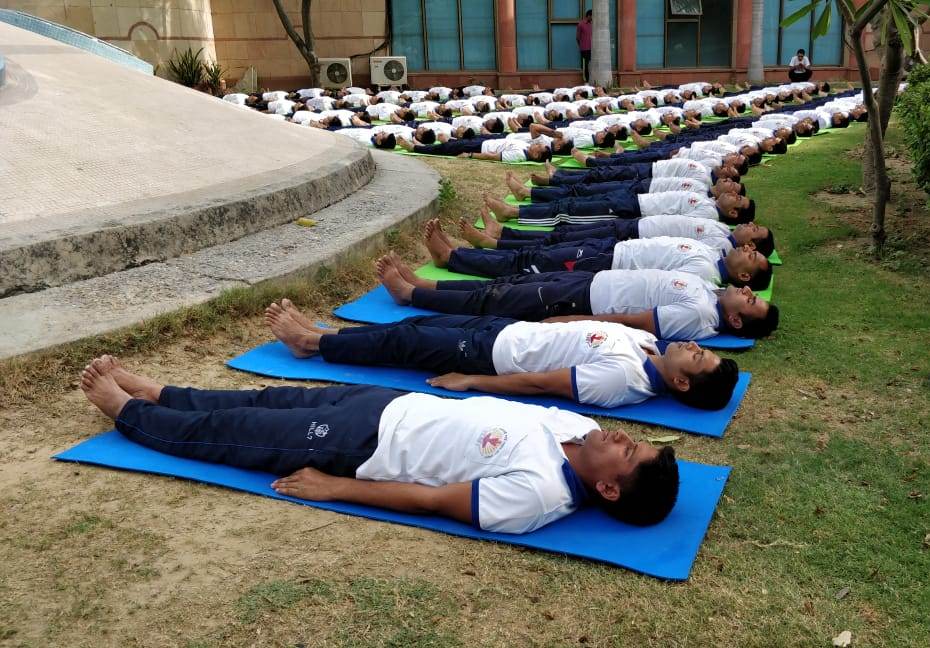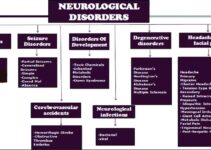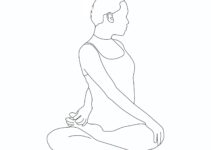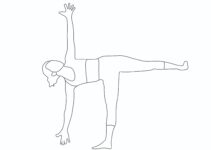
Sleep outline
Sleep is one of nature’s most precious gifts. Sleep is a gentle restorer of energy to the tired nerves and exhausted cells, helping them to recuperate and thus serve as a way of recovery from the stresses of everyday working life. Sleep is an excellent source for building a refreshing and restful way of life. Sleep means a form of cessation of activity, though not entirely, but at a much lower level. The muscle relaxes, and the heart slows down its activity. Similarly, there is a fall in pulse rate and blood pressure.
Need of sleep
We spend more or less 33 per cent of our life asleep. Sleep makes the body’s repairing process smooth. Healthy sleep promotes learning and memory, while lack of sleep impacts longevity and deteriorates health. Sound Sleep enhances positive energy and is suitable for all the vital organs, such as the heart, brain, lungs, liver, etc. Sound sleep acts as a catalyst for mood elevators, stress busters, and longevity. Proper sleep is good for sleep disorders, sleep problems, insomnia, and apnea-related maladies. There are many tips for sound sleep. Music therapy is essential for healthy sleep, which helps to soothe your nerves, body, and mind. Doing meditation and relaxation yogasanas also helps to improve healthy sleep. Following Ayurvedic diets and Ayurvedic tips are also beneficial in overcoming sleep apnea. However, using sleeping pills or tranquilisers is dangerous and fatal. Sleep induced by a drug is never refreshing.
Amount of sleep required
Healthy sleep is refreshing and energising and provides freshness to the mind and body. Too little sleep is desirable since both may prove harmful; too little produces a lack of energy, and too much dulls the mental faculties. So, have regular hours of sleep depending on age, needs, and requirements. Though eight hours of sleep is desirable and often recommended, many people can do less and still feel refreshed. Similarly, women will require more rest, and the manual workers sleep more than the brain workers. A fat person may need less sleep, about 7 hours, while a thin, lean man requires approximately 8-9 hours. Though the individual variations are there, an average of about 6 to 8 hours of sleep is sufficient for an average adult.
How much sleep is required by kids
Sleep requirements vary with age. The ability to sleep decreases with age, though the need for sleep remains. A new baby may enjoy 22 hours of sleep out of 24 hours, but as the child grows up, the requirement also decreases, and by the time the child is 12 years old, it may be only 10 hours. These sleeping hours are crucial for the overall development of the child.
Common Sleep problems
The typical sleep disorders are
- Sleep apnea
- Insomnia
- Hypersomnia
- Narcolepsy
- Nightmare
- Pavor nocturnes
- Somnambulism
- Nocturnal Enuresis
- Restless Leg Syndrome
- Periodic limb movement disorder
- Snoring
- Sleep deprivation
- Inability to sleep at the desired time
- Lack or disturbed sleep at night
- Abnormal movement or behaviour during sleep
- Excessive daytime sleep.
Sleep disorder causes
- Improper environment
- Ill-ventilated or stuffy room
- Too much noise or light
- Too much cold
- Bad food & Heavy foods
- Bad Digestion
- Irregular hours of sleep
- Organic ailments
- Excessive tiredness
- Cary over day’s tension to bed
- Office and home worries
- Unfounded fears
- Pent up feelings of frustration
- Anger
- Resentment and anxiety
- Excessive use of tea or coffee
- Stress
- Modern lifestyle: use of mobile phone, watching computer and television over a long night, irregular sleep patterns and working in shifts.
- Addictions and drug abuse
- Pathological conditions include thyrotoxicosis, nocturnal myoclonus, chronic pain, and pruritus.
- Psychiatric disturbances such as anxiety, depression, mood disorders, etc.
- Excessive intake of spicy and fatty foods
- Deficiency of particular (vitamin B3, B5, B9, B12, and vitamin D) and minerals (iron, magnesium, and copper)
Sleep disorder consequences
Anybody who has not had a healthy sleep always presents a worn look with a lack of concentration, poor judgment, and lower work standards. Night worker’s efficiency is comparably lower and has more psychological disturbances than daytime workers. Waking for long hours, the mind gets fogged, and mental faculties are at their lowest ebb. Chronic sleep loss makes the person confused and disoriented. There is a constant burning or itching in the eyes, blurred vision, and heaviness in the head. The mental function is slowed, and errors in speech and thought. The loss of memory is very much there.
Sleep disorder treatment
- Having proper and pleasant surroundings is good sleep.
- Life’s positive approach is essential for adequate sleep.
- Keep the tensions, anxieties, and pinpricks of the working hours off your night schedule. So, relax your mind and body and surrender to the bliss of sleep.
- If you are not feeling sleepy, don’t fight with your pillows. Switch on to soft & soothing music or your favourite reading.
- The best sleep comes before midnight. Sleep before midnight is more refreshing than afterwards. There is always a sleeping point for every person; if they miss that, sleep becomes difficult.
- Avoid taking a nap in the afternoon, as these can keep you awake sometimes at night.
- A darkened, well-ventilated room that is neither too warm nor too cold is ideal. A space where cool, fresh air ventilates is perfect for sleeping at night. Total Darkness induces a peaceful sleep.
- The evening food shouldn’t be heavy before 8 PM, followed by an exhilarating light walk. Hunger can also disturb sleep, so avoid having too much or too little food.
How to solve sleep problems
- A warm cup of milk with cocoa is a welcome drink at bedtime.
- A warm bath, a brisk rub, Pranayama, deep breathing, and stretching exercises are suitable for blissful sleep.
- Sleep bed should be neither too soft nor too hard. High pillows should be avoided since they often put strain on neck muscles.
- Wear light and loose clothes as the tight cloth interferes with the body’s natural mechanisms, thus disturbing sleep.
- Physical active life is good for sound sleep.
- Do not exert yourself overtired with the notion of inducing sleep.
- Try to let the mind be free of all worries and tensions.
- Do regular Yoga and Meditation (Dhyan) in achieving a good sleep.
- Try to forget yourself
- Practice simple asanas like pawanmuktasana series and relaxation and meditative asanas, slow Surya Namaskar, which helps in various metabolic processes and influences sound sleep.
- The practice of Bhramari and Ujjai pranayama is good for Sleep.
- Savasana is highly beneficial for sleep.
- Intake of a balanced and nutritious diet can enhance good health and sound sleep.
- A hotfoot bath for 15 minutes influences cerebrovascular circulation. So, it helps to provide a relaxed mental state and enhances natural sleep.
Health benefits of sleep
- Sleep has numerous advantages because good sleep not only relaxes and refreshes the body & mind but also keeps many diseases at bay.
- Measure sleep not by hours but by relaxation.
- Sleep is Nature’s Sweet Restorer.
- Sleep is the rest of the brain.
- Sleep gives this relaxation to muscles, limbs, brain, and nerves
- The most crucial factor for keeping healthy in old age is sleep.
- Sleep is the most perfect form of rest.
- Sleep helps the brain to commit new information and facilitate memory consolidation.
- Proper sleep is essential for appropriate body weight, while chronic sleep deprivation may cause weight gain by altering nutrition and hormonal mechanisms.
- Lack of sleep can contribute to health problems such as obesity, hypertension, diabetes, etc.
- Sleep helps our body restore energy and gives us better wakefulness and lateness for the forthcoming day.
- Adequate sleep is associated with good health status and high-frequency adoption of health-related behaviours.
- Sleep has a significant influence on wound healing. A clinical study on patients with post-surgical abdominal hysterectomy revealed that sleep after the first night of surgery is essential for recovery.
- Many studies concluded that sleep influences the immune system and overall health.
- Sleep loss may result in irritability, impatience, inability to concentrate, and moodiness.






extremely helpful article… thank you for sharing valuable information
Thanks for your valuable inputs
Nice blog over the sleeping disorder and ways to improve the chances of getting sound and proper sleep.